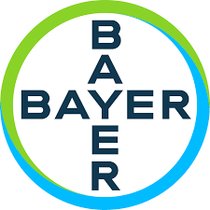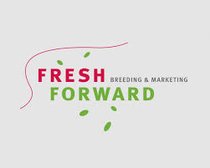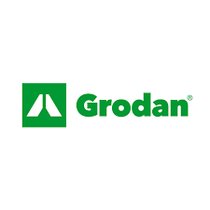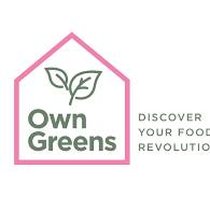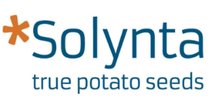We need to provide a growing world population with food; even though more and more people live in towns and cities, there are often water shortages, and the nutritional value of fruit and vegetables has been falling for decades.
Within SKY HIGH program, researchers, together with lighting specialists, breeding companies, growers, horticulture technology companies, architects and food suppliers, will make this type of vertical agriculture cheaper and more energy-efficient. In addition, the aim is to use this type of vertical farming to produce vegetables and herbs with a better taste, shelf life and nutritional value while using extremely little water and nutrients and no pesticides.
“Vertical farming produces high quality sustainable vegetables close to the consumer.”
Bart Kuiter
Program Developer
Amsterdam serves as an ideal testing ground for vertical farming innovations, providing insights into how cities can integrate and support this agricultural practice.
Transforming food production
The project focuses on four main research areas, bringing together experts from various disciplines to optimize vertical farming systems:
- Growth and development: Dr. Marcel Proveniers (Utrecht University) leads this research cluster to study the response of crops to both root and shoot environments for optimising the use efficiency of resources
- Quality: Dr. Francesca Quattrocchio (University of Amsterdam) leads this research cluster to investigate the regulation of quality parameters such as taste, aroma, appearance, shelf life and nutritional value.
- Climate & Energy: Prof. Andy van den Dobbelsteen (TU Delft) leads this research for an improved control of the climate (environmental conditions) in the vertical farm and smart integration in buildings required for the optimal plant production and minimal energy use.
- Integration: Dr. Joaquin Vanschoren (TU Eindhoven) leads this research to develop novel machine learning techniques to predict and understand interactions between the different factors and processes; subsequently modelling is applied to optimize operation and design of vertical farms with respect to growth, quality, energy use and costs.
The ambition is a secure and sustainable vegetable supply: no pesticides, no nutrient emission, only 2-4 litres of water per kg produce, at least twentyfold less land use, lower food mileage, less waste and lower energy use per kg produce compared to greenhouses. Compared to conventionally produced vegetables, these vegetables have a greatly improved quality (taste, aroma, appearance, shelf life, nutritional value, and safety).
Vertical farming has the potential to redefine agriculture, making cities like Amsterdam pivotal players in shaping sustainable and localized food systems. Through Sky High, the future of urban farming is brighter, greener, and closer than ever.
| Related Information: |
Project members
Partners
